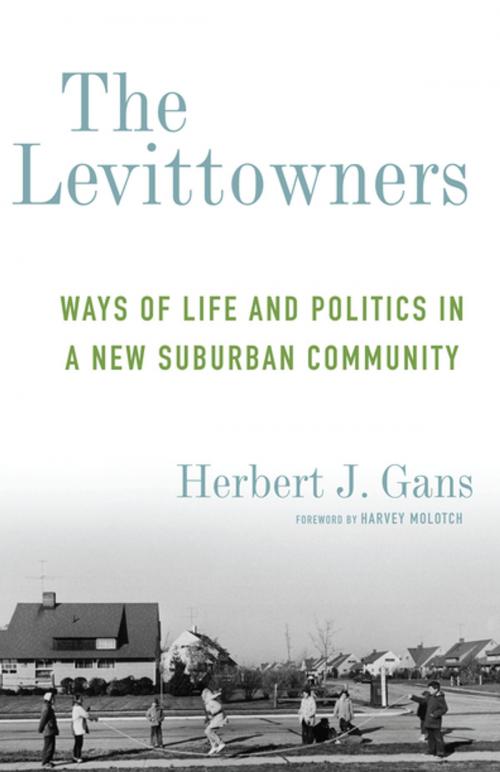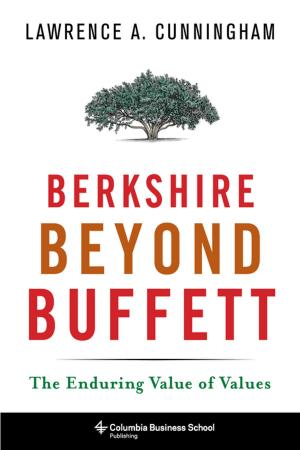The Levittowners
Ways of Life and Politics in a New Suburban Community
Nonfiction, Social & Cultural Studies, Social Science, Sociology, History, Americas, United States| Author: | Herbert J. Gans | ISBN: | 9780231542647 |
| Publisher: | Columbia University Press | Publication: | March 28, 2017 |
| Imprint: | Columbia University Press | Language: | English |
| Author: | Herbert J. Gans |
| ISBN: | 9780231542647 |
| Publisher: | Columbia University Press |
| Publication: | March 28, 2017 |
| Imprint: | Columbia University Press |
| Language: | English |
In 1955, Levitt and Sons purchased most of Willingboro Township, New Jersey and built 11,000 homes. This, their third Levittown, became the site of one of urban sociology's most famous community studies, Herbert J. Gans's The Levittowners. The product of two years of living in Levittown, the work chronicles the invention of a new community and its major institutions, the beginnings of social and political life, and the former city residents' adaptation to suburban living. Gans uses his research to reject the charge that suburbs are sterile and pathological. First published in 1967, The Levittowners is a classic of participant-observer ethnography that also paints a sensitive portrait of working-class and lower-middle-class life in America. This new edition features a foreword by Harvey Molotch that reflects on Gans's challenges to conventional wisdom.
In 1955, Levitt and Sons purchased most of Willingboro Township, New Jersey and built 11,000 homes. This, their third Levittown, became the site of one of urban sociology's most famous community studies, Herbert J. Gans's The Levittowners. The product of two years of living in Levittown, the work chronicles the invention of a new community and its major institutions, the beginnings of social and political life, and the former city residents' adaptation to suburban living. Gans uses his research to reject the charge that suburbs are sterile and pathological. First published in 1967, The Levittowners is a classic of participant-observer ethnography that also paints a sensitive portrait of working-class and lower-middle-class life in America. This new edition features a foreword by Harvey Molotch that reflects on Gans's challenges to conventional wisdom.















